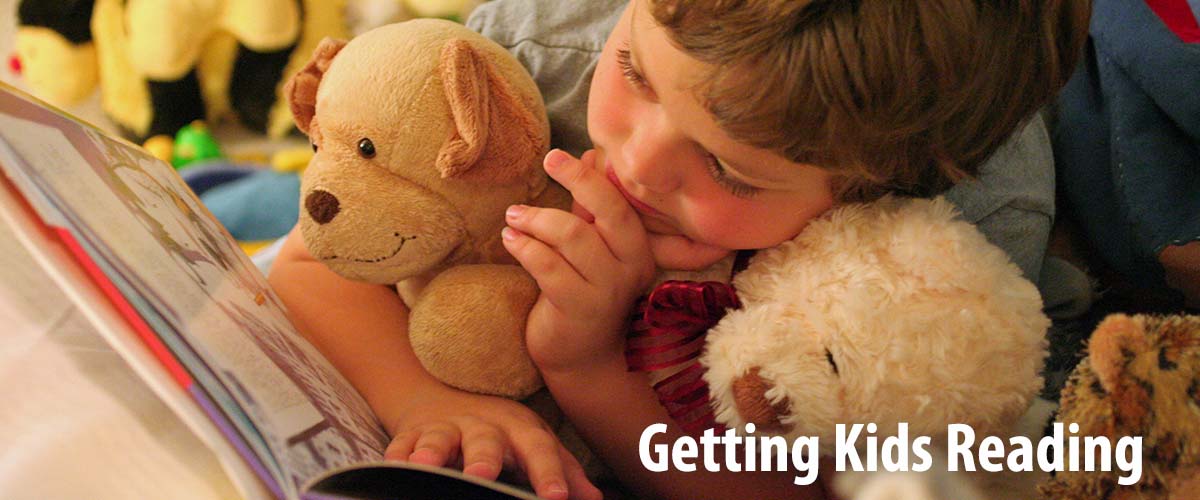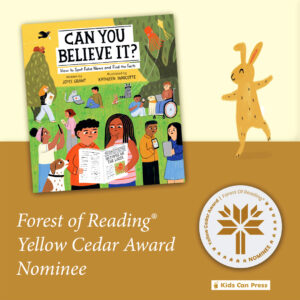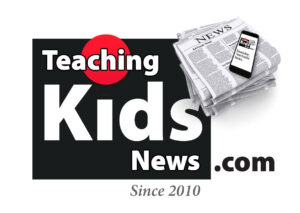Signs are great “flash cards.”
The other day, I was speaking with a mom whose son is having some trouble with reading.
It was recommended that he start learning “whole words.” (As opposed to phonetically sounding things out.)
I’m all for the whole-word approach to learning to read. It’s a great partner to phonetics and for some kids, may be the best way to learn.
When kids memorize some words it gives them confidence. When they’re struggling with a sentence and then they come to a word they know, it’s like an oasis in a desert.
We do it in math – math teachers will tell you that memorizing the times table is a must. With reading, memorizing words creates successes and can help defray frustration.
Flash cards are what come to mind when you’re thinking about learning whole words. They can easily be created yourself or downloaded from the Internet or, as in the case of this boy who is very artistic, he can create them himself. That will give him buy-in and because he’s drawn the pictures, he’ll have the exact images that will make the words stick in his mind.
I know this boy well, and he’s also very active. He loves to keep moving. So I suggested to his mom that they go for a walk outside and take advantage of the natural “flash cards” that are all around us.
The Stop sign. Yield. For Sale.
And here’s a good one – our neighbour built a bird house and put “Vacancy” on the side of it. But it was damaged this winter, and now it says “Vacanc…”
It’s a great flash card, because it begs a question: “What is that word? What does it say now? What do you think it should say? What does that word mean? What letters are missing?”
Life isn’t perfect, and signs are often hard to decipher. Don’t shy away from them – stop and talk about them with your child. The strange ads that at first glance make no sense. The missspellings on signs and billboards. The misplaced punctuation marks.
My son often stops and points out grammatical errors on signs. We laugh together at the funny meanings that get created by these errors. (Yes OK, I know it’s nerdy but we have fun. We just don’t do it when there are, um, people around.)




Thanks for sharing. My son is at such a stage, learning tricky words, or high frequency words to compliment his phonics. He has tiny flash cards from school which I thought were rubbish, then discovered that many of his figures will hold them. Never has a Power Ranger been more useful!
I love that – Power Rangers holding flash cards!
Can you send me a photo or two, to post on the blog?!
-J.